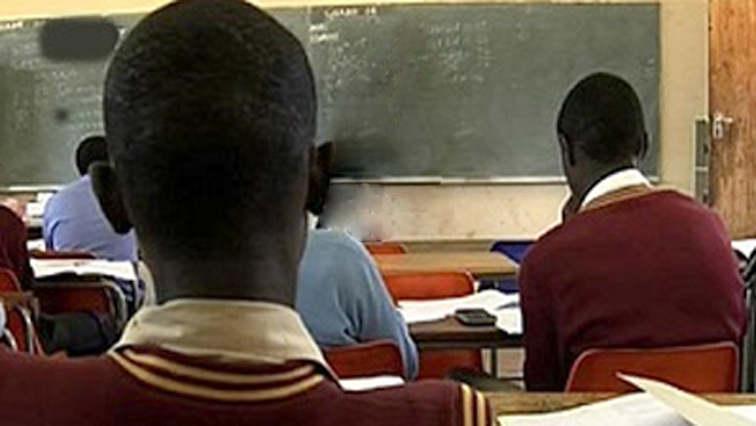Education rights activists say Finance Minister Tito Mboweni’s supplementary budget has left them worried about the outlook for Basic Education now and in the long-term.
In a joint statement, Equal Education, Equal Education Law Centre, Section 27 and the Public Service Accountability Monitor say instead of providing additional funding for the sector, Mboweni has opted to roll back key programmes to fund COVID-19 costs.
Highlights of the joint statement below:
- R1 billion has now been cut from the National Department of Basic Education’s budget. Some funding that was previously allocated to longer-term projects like support for maths, science and technology and for learners with profound intellectual disabilities, has been cut.
- A net total of R1.7 billion has been cut from school infrastructure grants alone, and a further R4.4 billion has been reallocated from these grants to cover COVID-19 expenditure needs. It is astonishing that in a moment which has highlighted the painful consequences of government’s failure to provide schools with adequate infrastructure and basic services such as clean water and safe toilets, school infrastructure funding has been further reduced.
- No new funds have been allocated to the National School Nutrition Programme. R50 million has been reprioritised within the programme to fund emergency hygiene measures. This is a missed opportunity to boost a programme that reaches millions of learners and, by extension, their families, and could, therefore, be expanded to assist in meeting escalating food relief needs.
The organisations say the cuts will have an impact on the right to Basic Education and equality for learners across the country for years to come. It will also jeopardise long-term infrastructure projects already in the pipeline.
In the audio below, Equal Education’s Hopolang Selebalo reacts to the budget:
They believe yesterday’s budget represents a continuation of concerning trends of under-spending in the sector.
“Recently published research shows that government spending per learner on Basic Education decreased by an average of 2.3% between 2009 and 2018. The February 2020 budget deepened this trend by cutting the total basic education budget in real terms, possibly the first time this has happened in the democratic era,” the joint statement says.
While the organisations welcome plans to ensure water and sanitation at poor and rural schools, they view the move as a temporary solution to historic problems that government has failed to resolve. “These interventions are temporary and some will require upgrades and frequent maintenance,” they add.
The activists have also raised concern over the lack of transparency prior to the budget’s tabling.
“Transparency is critical to ensure that budget allocations prioritise the greatest need and that financial loss due to corruption and maladministration is limited. This is especially true in the current circumstances, where emergency procurement and urgent funding is required,” they say.
Below is the full statement from the organisations:


